Searching for a great place to stay while in Tokyo? Whether you’re a tourist, digital nomad, or planning to settle down and buy an apartment in Tokyo, this guide breaks down the most livable, exciting, and convenient neighborhoods in the city.
Where to Stay in Tokyo: What to Consider
Before you book a hotel or rent a place, keep these in mind:
- Budget: Tokyo fits all price ranges, from capsule hotels to luxury condos. For long stays, consider apartments or even buying if it suits your finances. Property prices vary by area.
- Lifestyle: Are you here to explore, work remotely, or settle down? Busy districts like Shibuya are great for tourists. Quieter spots like Hatagaya suit daily life and remote work.
- Transport: Tokyo’s train system is reliable, but living near a station makes life easier. Look for places with quick access to JR or Metro lines. It saves time every day.
- Future plans: Short trip or long-term stay? Think ahead. Know your budget and income. In 2025, a good salary in Japan is around ¥300,000/month. Minimum wage in Tokyo is about ¥1,130/hour, useful if you plan to live or invest here.
Where to Stay in Tokyo: Best Districts by Lifestyle
Shinjuku – Central, Connected, and Lively
Shinjuku stands out as one of Tokyo’s most energetic and multifaceted districts. Known for its iconic skyline, bustling commercial zones, and unmatched train access, it offers an ideal mix of convenience and excitement. Shinjuku Station connects multiple train and subway lines, making it one of the best areas to stay for exploring the city with ease.
This neighborhood is especially suitable for first-time tourists and business travelers who want to be in the center of it all. From the neon-lit streets of Kabukicho, packed with nightlife and entertainment, to the peaceful paths of Shinjuku Gyoen National Garden, the area caters to a wide range of interests.
In terms of property, Shinjuku sees strong demand for both rentals and sales. While buying an apartment here comes at a premium, its high resale value and prime location make it a solid option for those looking to invest in central Tokyo real estate.
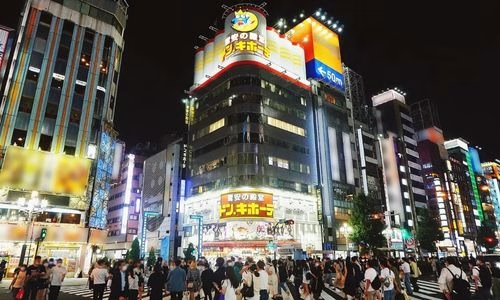
Shinjuku Station Area Highlights
Shibuya – Youthful Energy Meets Convenience
Shibuya is one of Tokyo’s most iconic and trend-setting neighborhoods. Best known for its famous scramble crossing and vibrant street culture, it’s a hub of fashion, technology, and youth energy. The area blends creativity and convenience, making it a popular choice for those who want to live in the heart of modern Tokyo.
This district attracts young professionals, digital creatives, and couples looking for a lively yet well-connected place to stay. It’s also home to many startups, international brands, and stylish apartments, especially around areas like Daikanyama and Ebisu.
While buying property in Shibuya can be costly due to its popularity and central location, the rental market is diverse. Depending on the exact neighborhood, you can find everything from compact studios to high-end designer flats, offering flexible options for both short- and long-term residents.
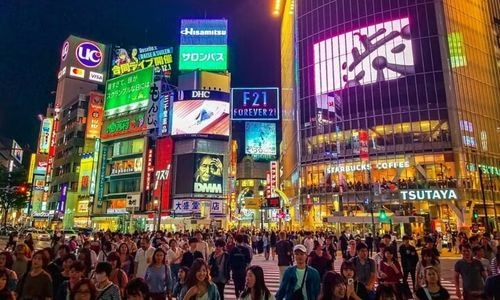
Shibuya Style and City Pulse
Asakusa – Old Tokyo Vibe on a Budget
Asakusa offers a refreshing contrast to Tokyo’s ultra-modern image, making it a great choice for travelers who want a more traditional and affordable experience. Known for its historic charm, the area is filled with old streets, local markets, and cultural landmarks that reflect Tokyo’s past.
This neighborhood is ideal for budget-conscious visitors and those interested in exploring Japanese heritage and local life. It’s home to Senso-ji, Tokyo’s oldest and most famous temple, and offers scenic walks along the Sumida River, especially beautiful during cherry blossom season.
Despite its historic feel, Asakusa remains well-connected to the rest of the city via multiple train lines, making it easy to access major tourist spots without paying the premium of central districts. If you’re looking for character, culture, and convenience on a budget, Asakusa is a smart choice.
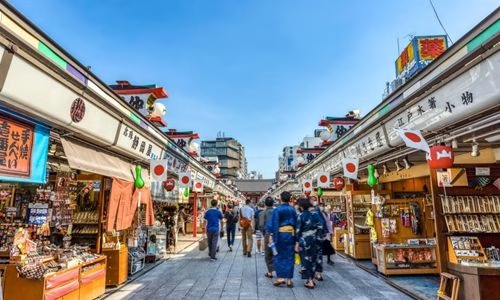
Historic Tokyo in Asakusa Streets
Tokyo Station / Marunouchi – Business Core and Travel Hub
Tokyo Station and the Marunouchi district form one of the city’s most important business and transportation hubs. Sleek, organized, and centrally located, this area is especially appealing to those who prioritize convenience and efficiency during their stay.
It’s an excellent base for executives, business travelers, and anyone planning frequent day trips, thanks to its direct access to the Shinkansen (bullet train) network and the Narita Express, which connects straight to the airport. Major corporate offices, five-star hotels, and upscale restaurants give the area a polished, professional feel.
While it’s not known for nightlife or traditional sightseeing, staying near Tokyo Station means you’re well-positioned for travel across Japan, and just a short ride away from almost every major district in the city.
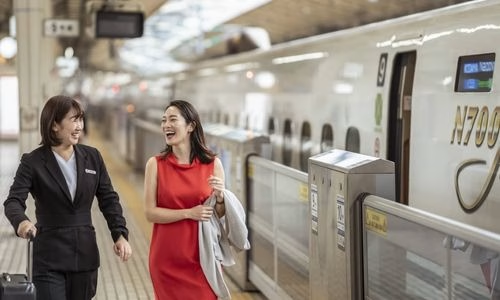
Seamless Travel Starts at Tokyo Station
Hatagaya – Quiet, Convenient, and Increasingly Popular
Hatagaya, a quiet residential pocket in Shibuya Ward, is quickly becoming a favorite among both locals and foreign residents. Tucked just two stops from Shinjuku on the Keio New Line, it offers a rare balance between peaceful living and easy access to Tokyo’s busiest business and entertainment centers.
This neighborhood is especially attractive to expats, remote workers, and small families who want a calmer lifestyle without being too far from the action. Despite its proximity to central Shibuya, Hatagaya maintains a lower cost of living and a more relaxed, community-focused atmosphere.
In recent years, Hatagaya has emerged as a smart place to invest in property. With growing interest from buyers seeking affordable alternatives within Tokyo’s 23 wards, the area presents good value for those looking to buy an apartment in Tokyo without the premium price tag of more high-profile districts.
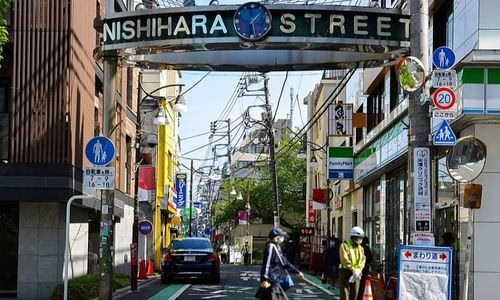
Smart Tokyo Buy in Hatagaya
Ikebukuro – Balanced, Budget-Friendly, and Fun
Ikebukuro is a lively yet less tourist-heavy district compared to places like Shinjuku, making it a practical choice for those seeking both convenience and affordability. Located in northern Tokyo, it’s known for its huge shopping malls, entertainment centers, and excellent transport links, including access to multiple JR and Metro lines.
This area is especially well-suited for students, families, and long-term residents who want city access without the high rental costs of more central neighborhoods. There’s plenty to do, from cinemas and game centers to large bookstores and casual eateries, all within walking distance.
For those considering property investment, Ikebukuro and other northern Tokyo districts offer a wide selection of flats at more competitive prices. It’s a smart option for buyers looking to stay connected to the city while stretching their housing budget further.
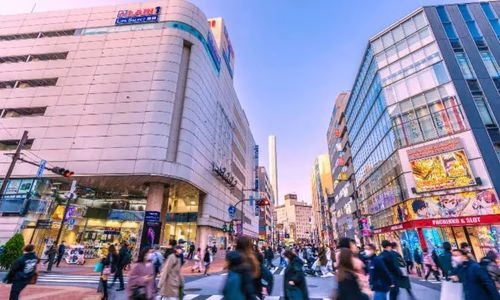
Affordable Urban Life in Ikebukuro
Best Places to Stay by Purpose
For Tourists:
If you’re visiting Tokyo and want to make the most of your time, choosing the right area can make your trip smoother and more enjoyable. Here are three great neighborhoods that combine convenience, culture, and access to top attractions.
- Shinjuku: One of the busiest and most exciting areas in Tokyo, Shinjuku is perfect for travelers who want to be in the heart of the action. With its bright lights, endless dining options, and excellent train connections, it’s a great base for exploring the city, especially if it’s your first time here.
- Asakusa: If you’re looking for something more traditional, Asakusa is full of charm. Home to the iconic Senso-ji Temple and nostalgic shopping streets, it offers a slower pace while still being close to the city’s highlights. A smart pick for anyone trying to explore Tokyo without overspending.
- Ueno: Ideal for those who enjoy parks, museums, and a more laid-back vibe. Ueno Park, the zoo, and several cultural attractions are all nearby. Plus, with easy access to Narita Airport and central Tokyo, it’s both practical and relaxing.
For Expats and Digital Nomads:
If you’re working remotely or settling in Tokyo for the long term, comfort and convenience matter just as much as location. These neighborhoods offer a quieter, more residential feel, without sacrificing access to the rest of the city.
- Hatagaya: A peaceful neighborhood just two stops from Shinjuku, Hatagaya is ideal for remote workers and small families. It offers a slower pace of life, affordable apartments, and easy access to central Tokyo via the Keio New Line.
- Kichijoji: Regularly ranked as one of Tokyo’s most livable areas, Kichijoji combines a laid-back vibe with great local culture. You’ll find small cafes, indie shops, and the beautiful Inokashira Park, all just a quick train ride from the city center.
- Nakano: Popular among younger expats and creatives, Nakano blends local charm with convenience. It has a strong community feel, an eclectic shopping arcade, and fast JR Chuo Line access to Shinjuku and Tokyo Station.
For Long-Term Stays or Buying Property:
If you’re thinking about settling down in Tokyo or investing in a home, some areas offer more space, better prices, and a stronger sense of community. Here are a few neighborhoods worth considering if you’re planning to buy a flat or stay long-term:
- Setagaya: Known for its quiet streets, parks, and family-friendly vibe, Setagaya is one of Tokyo’s most desirable residential wards. Though it’s a bit farther from the city center, it offers larger apartments, good schools, and a relaxed lifestyle — perfect for long-term living.
- Hatagaya: A rising favorite among property buyers, Hatagaya strikes a balance between central access and affordable prices. Located in Shibuya Ward, it offers better value than nearby hotspots while still being just minutes from Shinjuku.
- Chiba (outer suburbs): If you’re open to living outside central Tokyo, Chiba offers significantly lower housing costs and more space. With easy train access into the city, it’s a smart choice for families or buyers looking for long-term stability without the high price tag of central Tokyo.
Salary and Real Estate Considerations in 2025
If you’re planning to live in Tokyo long-term, understanding income levels and property prices is essential, whether you’re renting or looking to buy.
In 2025, a good salary in Japan for skilled professionals typically starts from ¥300,000 per month, though this can vary depending on your field and experience. It’s enough to cover rent, living expenses, and even save toward buying property in the right area.
The minimum wage in Japan depends on the region. As of 2025:
- Tokyo: approximately ¥1,130 per hour
- Chiba: around ¥1,030 per hour
When it comes to buying an apartment in Tokyo, your options range widely depending on the location and size. Here’s a general guide to real estate prices in 2025:
- Central 1LDK apartment: ¥50 million to ¥80 million
- Suburban 2LDK apartment: ¥35 million to ¥60 million
If you’re aiming to buy a condo in Tokyo or explore flats for sale across Japan, keep in mind that areas just outside the city center, such as Hatagaya or Setagaya, often offer better value for the money. These neighborhoods combine accessibility with a more relaxed living environment, making them ideal for long-term residents and first-time buyers.
Tips for Booking Your Stay in Tokyo
No matter how long you’re staying in Tokyo, choosing the right type of accommodation can make a big difference in your experience. These suggestions will help you pick the right option:
- Choose reputable websites like Booking.com when reserving your stay, Agoda, or Rakuten Travel to compare prices, read reviews, and secure deals in English or Japanese.
- If you’re planning to stay longer than 30 days, consider renting a monthly apartment or serviced flat. These options often come fully furnished and are more cost-effective than hotels for extended stays.
- For short-term stays, options like capsule hotels in Shinjuku or small boutique hotels in neighborhoods like Hatagaya offer comfort, convenience, and good value, especially for solo travelers or those exploring the city for a few days.
Tokyo is a city of contrasts, fast-paced yet peaceful, futuristic yet deeply rooted in tradition. That’s why finding the right place to stay isn’t just about booking a room, it’s about choosing a lifestyle that suits your needs.
Conclusion
If you’re visiting short-term, go for convenience. Areas like Shinjuku, Shibuya, or Ueno make it easy to explore, thanks to great public transport and plenty of things to see and do.
For longer stays or remote work, quieter neighborhoods like Hatagaya, Nakano, or Kichijoji offer more space, local charm, and a calmer pace of life.
And if you’re thinking long-term, even buying property, then suburbs like Setagaya or Chiba give you more square footage, lower prices, and a more residential vibe while staying connected to the city.
Wherever you land, Tokyo has something for everyone, you just need to pick the spot that fits your rhythm.
Tokyo Stay FAQs – Quick Answers for First-Time Visitors and Expats
- What parts of Tokyo are ideal for sightseeing and short visits?
Shinjuku, Asakusa, and Ueno are great picks. They’re close to major landmarks, well-connected by train, and full of shops, restaurants, and culture.
- How much should I budget to live well in Tokyo?
A salary of around ¥300,000/month is considered good for skilled professionals. It allows you to cover rent, transport, food, and still save a bit.
- What’s the minimum wage in Tokyo and nearby regions in 2025?
- Tokyo: ~¥1,130/hour
- Chiba: ~¥1,030/hour
Wages vary by region, so it’s worth checking based on where you live or work.
- Can foreigners buy apartments in Tokyo?
Yes! There are no restrictions for foreigners buying property in Japan. Popular areas for buyers include Hatagaya, Setagaya, and some Tokyo suburbs. - How much does it cost to buy an apartment in Tokyo in 2025?
- 1LDK in central Tokyo: ¥50M–¥80M
- 2LDK in suburban areas: ¥35M–¥60M
Prices depend on size, location, and proximity to train stations.
- Where can I book short-term stays in Tokyo?
Booking.com and other reliable travel sites make planning easier, Agoda, or Rakuten Travel. For visits under 30 days, capsule hotels or boutique stays are ideal. Staying over a month? Look into monthly apartments for better value.
- What are the best neighborhoods for digital nomads or remote workers?
Consider Hatagaya, Kichijoji, or Nakano. These areas are peaceful, residential, and offer fast train access to the city center, perfect for work-life balance.
- Is it important to stay near a station in Tokyo?
Absolutely. Proximity to a JR or Metro line can save you time and energy. With Tokyo’s excellent transit system, being near a station makes daily travel much more efficient.

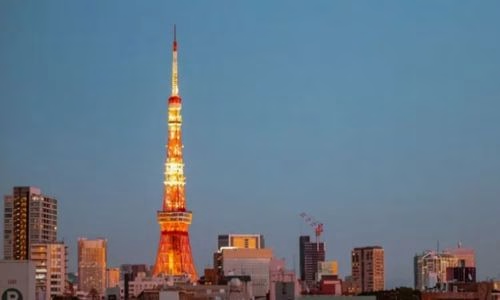

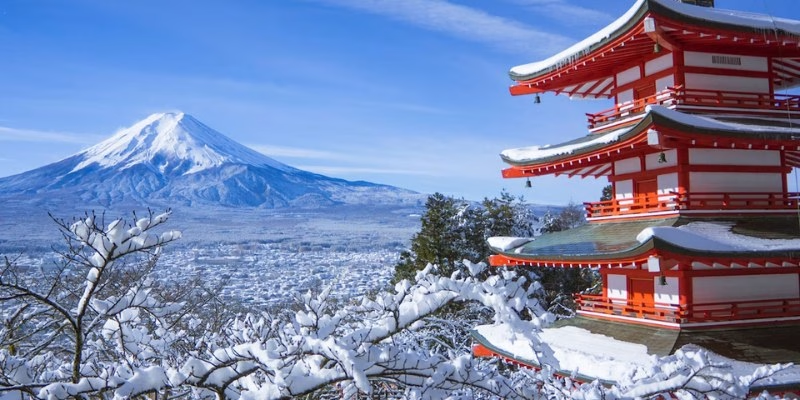
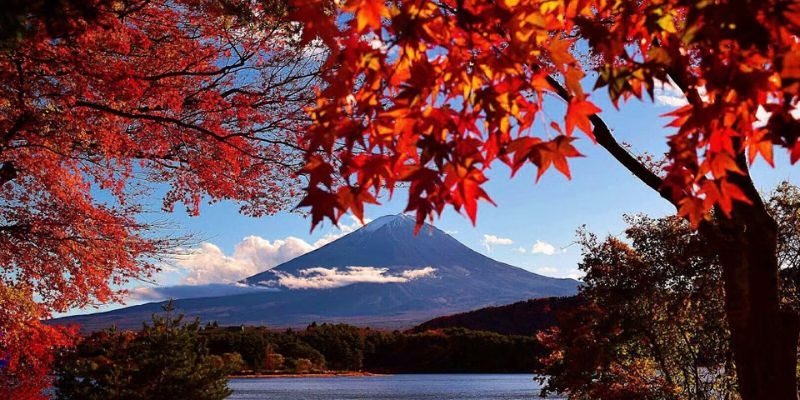

Leave a Reply